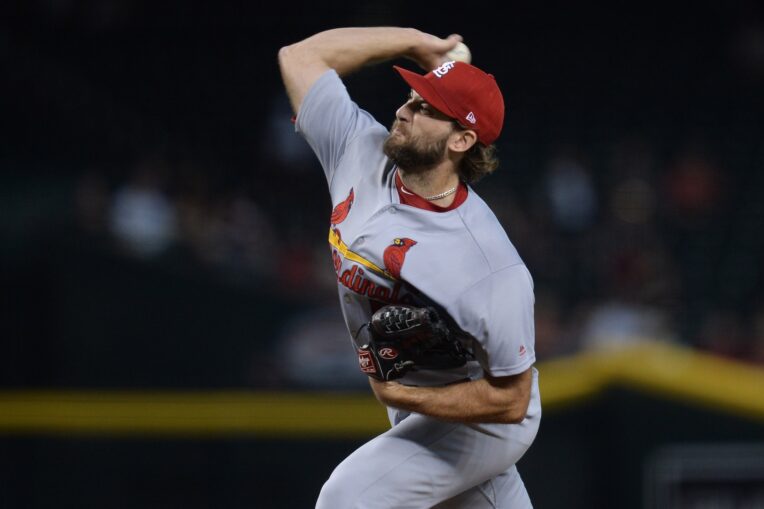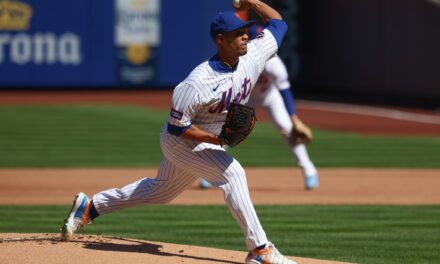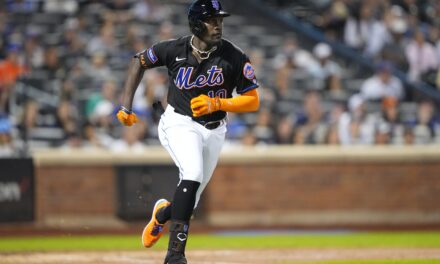
Last week during the Winter Meetings, the Mets added two veterans via free agency to round out the back end of the rotation: Rick Porcello and Michael Wacha.
Wacha, 28, signed first, and took a base salary of $3 million, with $7 million attainable in incentives. Porcello, 30, signed for $10 million, and at the moment, looks like he’ll likely be the fifth starter.
However, Wacha was also told he would start in 2020. During a conference call on Friday afternoon, Wacha said “(The Mets) said they had a spot to start. I’m here to be in the rotation and be in there every fifth day.”
However things turn out, it looks as though Wacha will be battling for a spot in the rotation during Spring Training, and will likely start the year in the bullpen unless someone is either traded, or someone gets injured.
Regardless of his role, Wacha will be the first test for new pitching coach, Jeremy Hefner.
A former first round pick, Wacha struggled with injury in 2018, and was overall ineffective in 2019. The Mets are hoping that they can catch lightning in a bottle and have Wacha produce if he is 100 percent healthy.
However, his pitching skills are quite frankly scary.
His fastball velocity (38th percentile) is slightly below average, but his fastball spin (ninth percentile) was one of the lowest in the league in 2019. His curve spin (sixth percentile) was also dismal.
Wacha’s xWOBA ranked in the 10th percentile, his xSLG in the 11th percentile and his xBA in the 13th percentile. He also only ranked in the 17th percentile in K%.
Overall, Wacha had a 4.76 ERA, 5.61 FIP and 4.80 xFIP in 126.2 innings pitched. There are some positives in his game, however. He had a 79 percent strand rate in 2019 and a 48.0 percent ground ball rate, which was pretty much in line with his career numbers.
The right-hander’s opposing barrels of 31 was the highest of his career in 2019, while the barrel rate against him has spiked the last two years. His exit velocity is more or less in line with his career numbers, as is his launch angle. His hard hit rate his spike a bit in the last two years as well, but his strikeout and walk rates are similar to his career production.
Can Wacha be a factor for the Mets in 2020? Who knows. He was only worth 0.6 fWAR over the last two seasons combined and his career best fWAR came in 2017 when he put up 3.1.
But at just 28-years-old, Wacha is on a mission to prove he’s healthy, and he will get that opportunity to go out there and give it a go.
For the new pitching coach, Jeremy Hefner, it will be his first test in trying to salvage Wacha’s career and give the Mets a guy who can produce.















